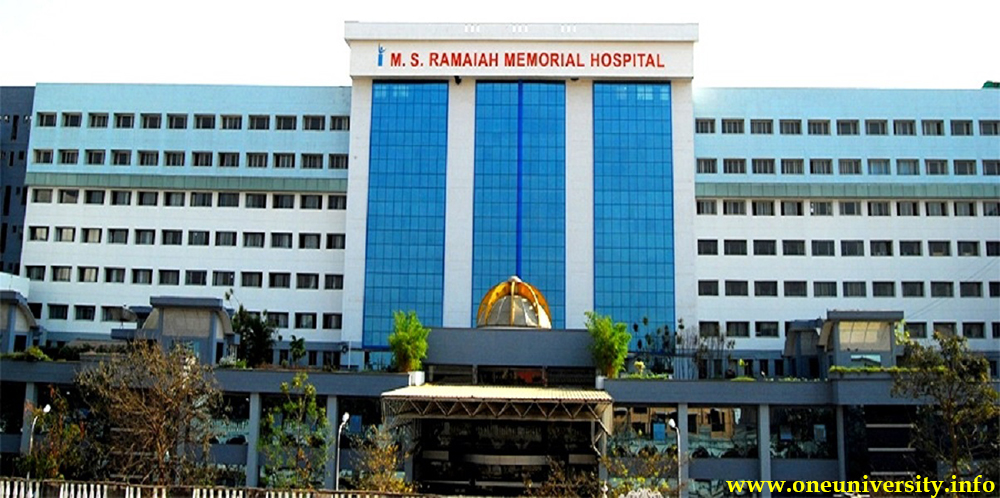M.Ch. in Vascular Surgery is a specialized postgraduate degree program that focuses on the surgical management of vascular disorders and diseases, including conditions affecting the arteries, veins, and lymphatic vessels. This program is designed to train surgeons to diagnose and treat patients with complex vascular problems using advanced surgical techniques.
The course duration for M.Ch. in Vascular Surgery is typically three years, and the eligibility criteria for this program is a postgraduate degree in General Surgery (MS) or equivalent qualification from a recognized institution. The admission process usually involves an entrance exam and an interview conducted by the respective university or college.
During the course, students will be trained in a wide range of surgical techniques, including open surgery, endovascular procedures, and hybrid techniques. They will also learn about the latest advancements in the field, including the use of robotics and minimally invasive procedures.
After completing the M.Ch. in Vascular Surgery program, graduates can work as vascular surgeons in hospitals, clinics, and private practices. They can also pursue further studies or research in the field of vascular surgery to advance their careers.
First Year:
Second Year:

Student Review About Course